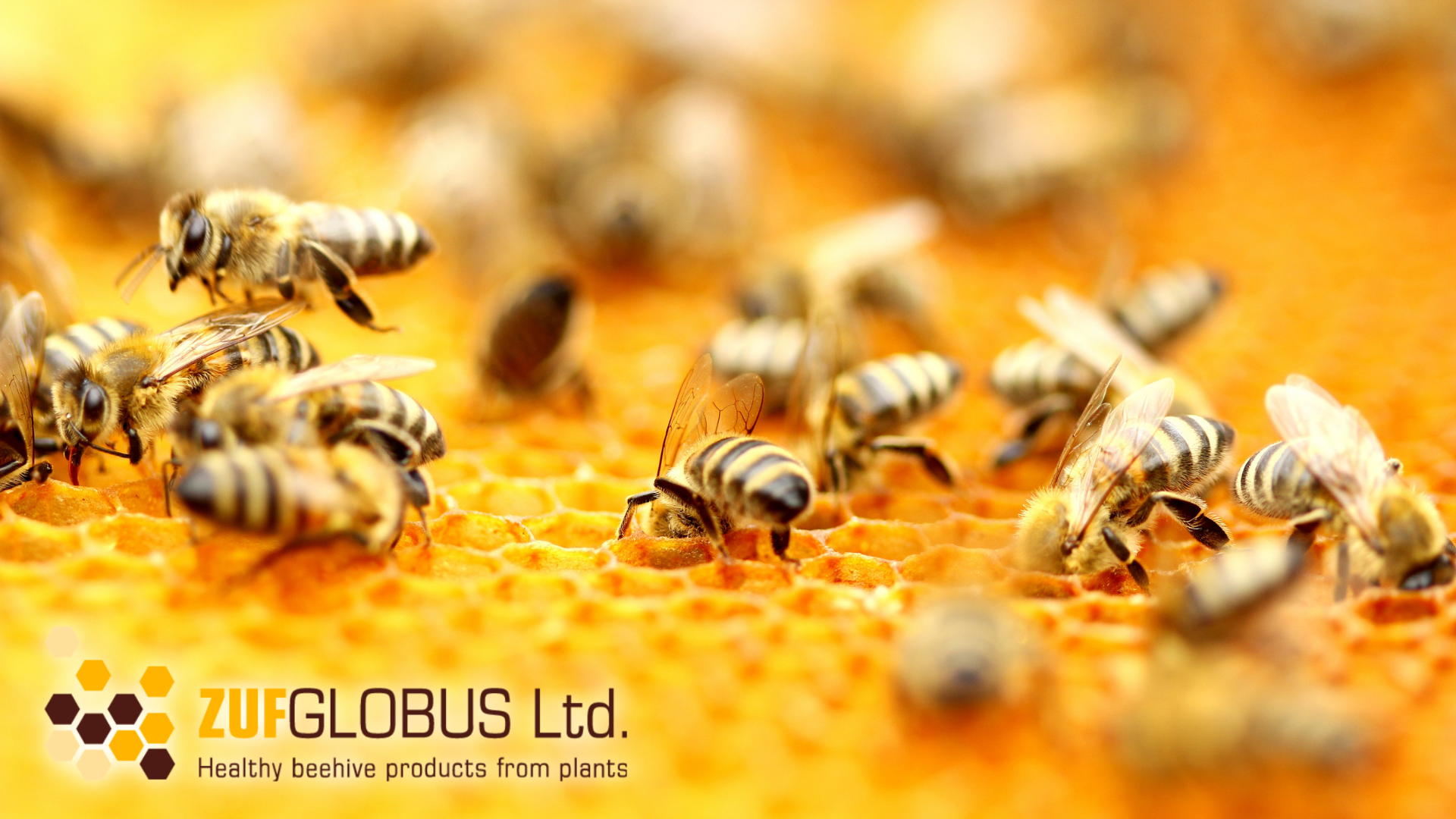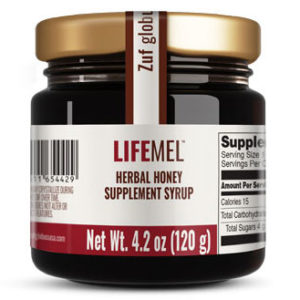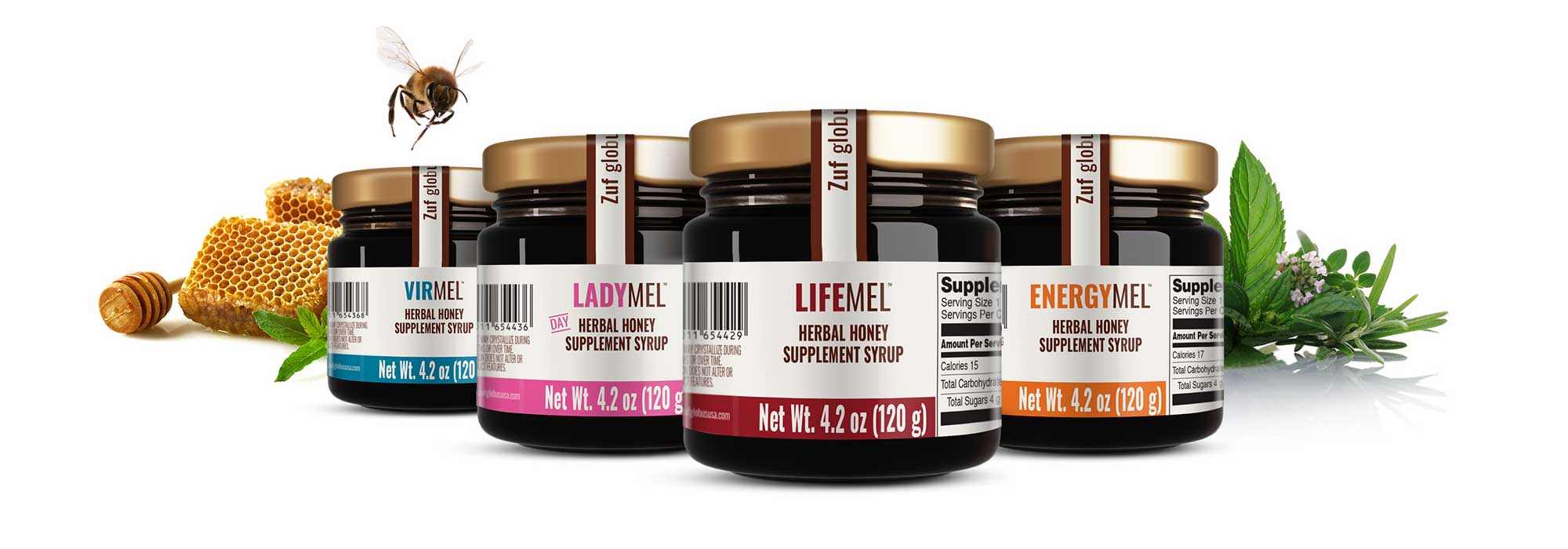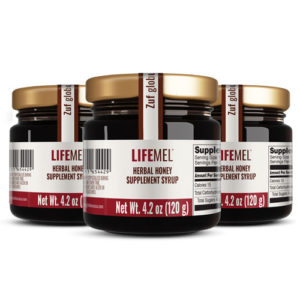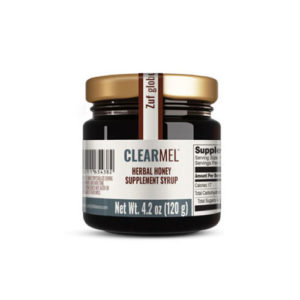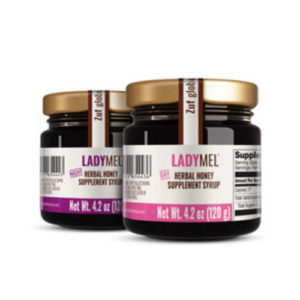When Maggiore della Carita University Hospital oncologists Andrea Pietro Sponghini, MD and David Rondonotti, MD agreed to conduct a phase 2 clinical study of LifeMEL, they were a little skeptical that a completely natural product could significantly benefit chemotherapy patients’ quality of life. After all, bees certainly don’t produce standardized pharmaceutical drugs!
However, as they discuss in this video, their research – now published by the Journal of Traditional and Complementary Medicine – uncovered impressive results. They found that LifeMEL helps to tame chemotherapy’s toxic side effects. As a result, most patients involved in the study were better able to tolerate treatment.
This is promising news because the chemotherapy treatment that kill cancer cells can also be toxic to the blood system, causing fatigue and compromising the immune system. If these side effects become too severe, chemotherapy must sometimes be stopped.
The phase 1 clinical study had already shown that LifeMEL is safe to be used in conjunction with chemotherapy drugs, and did not interfere with treatment. In the phase 2 study, patients received a teaspoon of LifeMEL twice daily for three months. Most patients saw a decrease in blood toxicity during their weekly testing.
“I was impressed because objectively, I did not expect a positive result,” comments Sponghini in this video. “I was positively amazed and encouraged to be able to see that this natural product had control over what we ourselves had set as the objectives of this study.” Rondonotti adds that the results opened his eyes to natural products’ possible benefits.
The researchers now plan a phase 3 human clinical study involving a larger number of participants. With each phase, studies become larger in scope as well as the number of participants. In phase 3, Sponghini explains they will be looking for confirmation of LifeMEL’s benefits, as observed in the first two phases. “That would mean truly being able to include LifeMEL within important supportive therapies.”
LifeMEL, which helps support the immune system, is made by feeding our bees unique extracts made with botanicals specially selected for targeted health benefits. As a result of our bees’ natural processing power, the number of nutrients is amplified and the potency of these nutrients is intensified.



